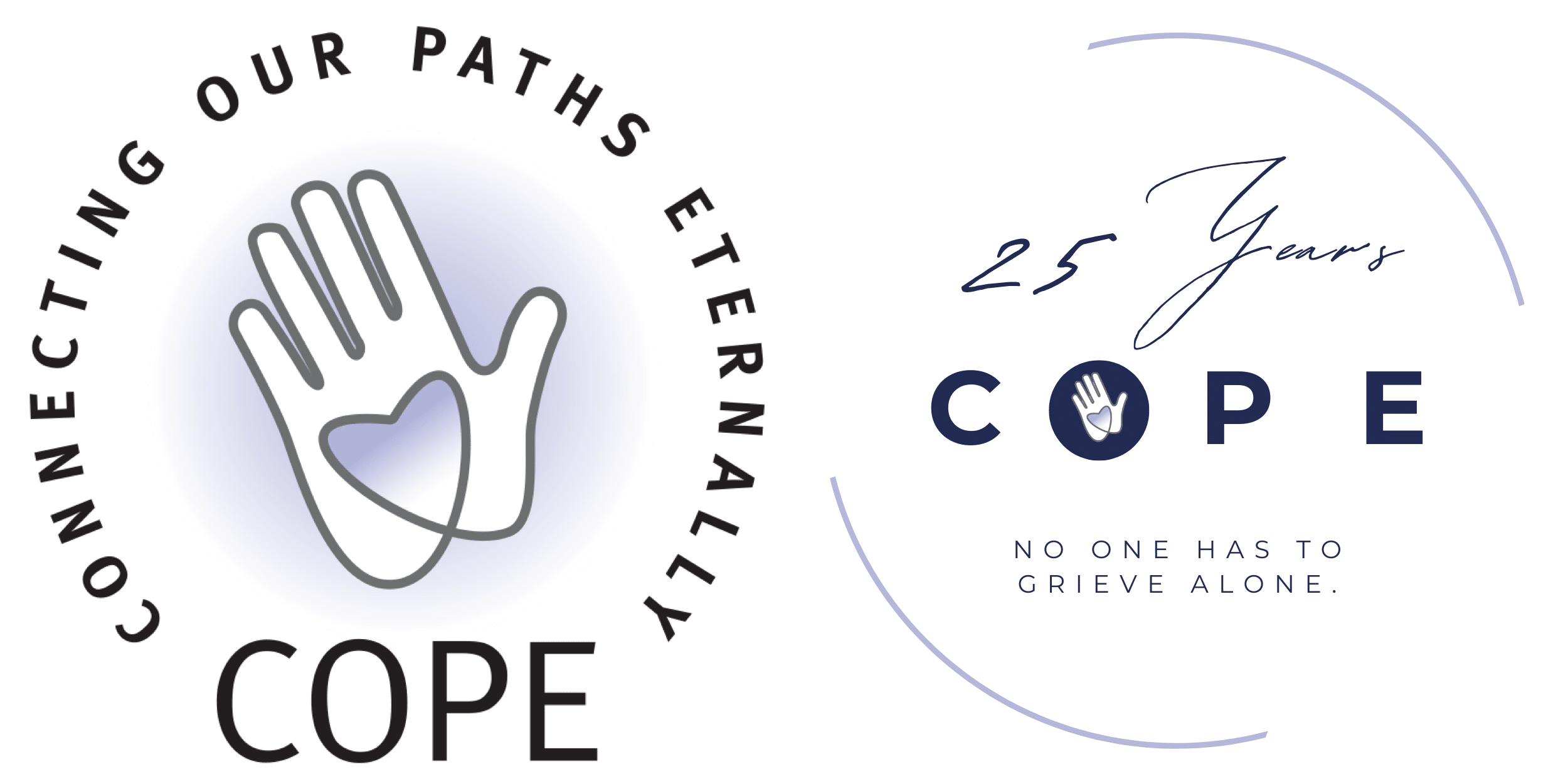Aspects of grief can feel jarring and destabilizing. As grievers experience the death, they must work through secondary losses like the absence of their favorite person to share a film, a dinner partner or expert on a topic. Changes do not only impact individuals but also can throw the whole family system off track. As many grievers move through their personal journey, they often have questions about balancing their reactions to loss versus that of their families. Here are some helpful tips to consider about grief and family dynamics.
Firstly, it’s always necessary to remember there are different grieving styles. One person in the family may want to talk openly about feelings while another would rather quietly process and journal their thoughts. Some do not want to speak to their family members about difficult grief feelings because they are worried it will bring down the mood or it is currently too difficult to talk with others who knew the deceased. One member of the family may love to have pictures up of the person who died while it is extremely difficult for another to have photos in the environment.
Communication is key for families having different needs and grieving styles. Sharing how you process your grief may help others recognize and respect the boundaries you are setting for yourself. This can certainly be easier said than done, as family members may want to support each other in the ways they themselves would like to be supported. Gentle reminders about what specifically helps you in your grief may be needed. A family member may find much solace and value in therapeutic support while another does not feel comfortable integrating grief support into their experience. In a case like this, you can remind family of your positive experience with professional support but also recognize that they may have different needs.
Families can also find it difficult to decide who will take on the roles of the deceased and some roles of the person that died will never be filled. For example, I often hear that the individual who died was the glue of the family. They were the connection to in-laws, organized social gatherings or mediated complicated relationships between groups. There may be feelings of awkwardness being in the social spaces the deceased would be or feeling like relationships in their absence are forced. Again, it’s helpful for individuals to communicate how they would like to move forward. Who will cook that special meal if it will be included at dinner, where will the observance of the holiday take place this year, is there room to create another tradition?
With many people in a family unit grieving, it can be tricky to negotiate what works best for each person. Parents especially find themselves masking some parts of their grief so young children do not worry about sharing feelings with them. Remember, you do not have to process the way those around you do. Sometimes distance is needed from family as you take care of your own emotional, cognitive, and physical needs. Instead of internal messages about being selfish, be reminded that boundaries to protect yourself in grief are healthy and positive for your coping. Lean into what works for you and when possible, communicate with family members for clarity.
Rashida Sanchez, MA, LMSW, FT

